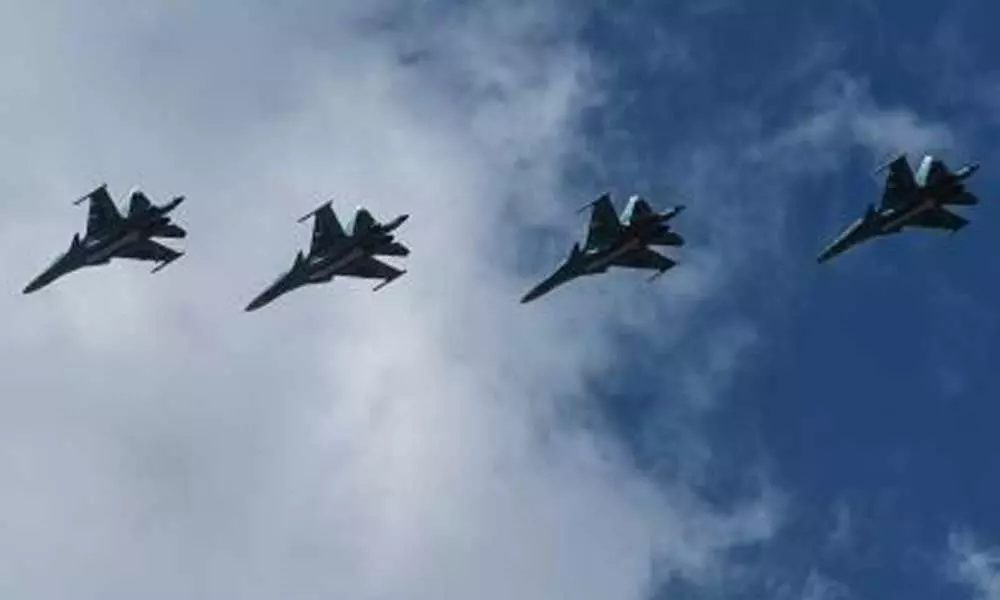The future is unmanned

Air Warfare Symposium
History is replete with examples of path-breaking inventions being viewed with disdain at inception, and thought either impractical or even impossible
The Air Warfare Symposium, conducted by the US Air Force Association on 27 and 28 February, 2020, may go down in history as an event where history was foretold. It was here, on the morning of 28 February, 2020, that Elon Musk, the quintessential disruptor, set the cat among the pigeons. In a room overflowing with Air Force personnel, many fighter pilots among them, Musk famously predicted the end of the manned fighter aircraft. Much consternation followed, and copious amounts of newsprint was invested in the counter-narrative that flowed, mainly from the US Air Force and its veterans.
History is replete with examples of path-breaking inventions being viewed with disdain at inception, and thought either impractical or even impossible. For instance, Marshal Ferdinand Foch, the Supreme Commander of Allied Forces in 1918 was quite dismissive of aviation, and had famously said that "airplanes are interesting toys, but of no military value." The past Century, and the significant role that air power played in conflicts therein, from WWI and WWII to the Gulf Wars as well as the 1971 Indo-Pak wars, bear testimony to the inaccuracy of Marshal Foch's proclamation.
The extensive use of drones by the US across the world, the clear advantages drawn by Azerbaijan over Armenia in their recent conflict, and numerous other examples, point to the manner in which unmanned aircraft technology can serve as a force multiplier. While air defence systems have evolved, increasing number of actors are opting to use drones as a mitigating measure. For instance, in mid-2020, Turkish-supplied drones assisted the Libyan Government of National Accord in destroying Russian Pantsir SHORADS being used by rebel forces. Similarly, the drone attacks on Aramco in Saudi Arabia also underscored the relative advantages that these unmanned aerial systems possess.
At present, many Air Forces across the world are striving to achieve a balance between manned and unmanned systems, based on threat perceptions, budgets and desired capabilities. However, as alluded to by Elon Musk, the day of the manned aircraft may soon be over. This flows from the following aspects: The cost of unmanned aircraft will be significantly lower than manned aircraft. Financial savings will accrue, not only from the relatively lower cost of Unmanned Aircraft (UA), but also from the fact that expenditure on training will evolve. This would, initially cover ground-based controllers and, eventually, to no controllers at all, as UAs gradually become completely autonomous. This will lead to further savings resulting from reduced requirement of flying to maintain pilot currency, decreased pay and allowances expenditure, etc. The potential losses suffered in battle would not include precious human lives. We need to open our eyes and mind to see that the future is truly unmanned.
(Writer is an author)

















